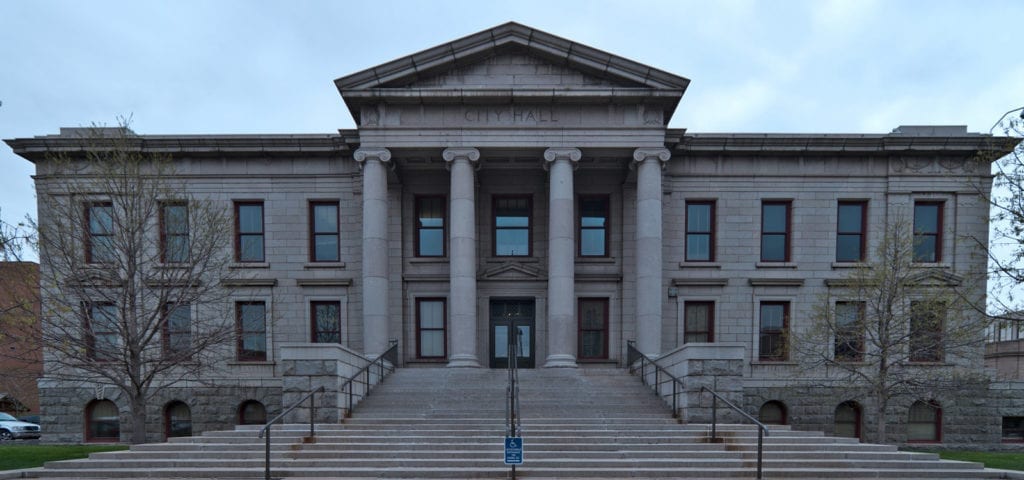Officials from the Department of Justice, the White House Office of National Drug Policy and the DEA held a secret meeting on Wednesday with Colorado Springs Mayor John Suthers, members of the Colorado Springs Police Department, and the resident agent with the DEA, KKTV-11 reports. A local physician and a school district’s disciplinary director were also invited to the meeting.
“The meetings are not open to the public because they include sensitive investigative information,” Suthers said in a statement. He later added during an interview with the station that “there’s nothing about this that would require it to be public. The folks that came out didn’t want it public; there’s no reason for it to be public.”
“I think they’re in Colorado to find out what law enforcement and other regulatory agencies’ view is toward marijuana regulation in Colorado,” Suthers said in the report. “They’re [local law enforcement] talking about what they’re finding in houses, what they’re finding and who is doing it, and where these people are coming from.”
Jason Warf, the executive director for the Southern Colorado Cannabis Council, called the secret meeting “extremely concerning” for the organization and asked that the content of the meeting “be made public, immediately.”
“If someone or a business is in conflict with current Colorado law, that is a matter that should be taken up in state court, not Federal court,” Warf said in a statement. “Our state statutes are more than sufficient to prosecute individuals in conflict with the law, without Federal assistance. Until Federal law is updated to meet the standard of cannabis law in Colorado and the majority of the country, no Federal agent should be involved in enforcement action in these states.”
Suthers said that much of the meeting “centered around the huge black market that exists” for cannabis in the state.
Warf said he was concerned that the meeting might have focused on civil asset forfeiture. He contends that since the passage of a state law reforming the practice “it is now far more lucrative for a municipality to work with the Federal government on drug arrests, rather than prosecuting individuals under state law.”
“Under Federal seizure laws, they receive a much larger percentage of assets seized. We have received word and believe that these meetings are about circumventing state law because of this revenue difference,” he said. “This is unacceptable and cannot move forward. This is direct conflict of the Constitutional Amendments passed by the voters of Colorado.”
Suthers has offered no additional details about the content of the meeting.
Get daily cannabis business news updates. Subscribe
End
